Purgatorio Canto 12
OVERVIEW
David Davies is an Associate Professor of English at the University of Dallas. He is an expert in Milton, Classical Traditions in English Literature, and Roman Lyric Poetry.
Questions for Reflection
- How does Dante come to share in the purgative effects of the Proud’s therapeutic punishment (12.7-8)? Why might Dante himself draw attention to the way that his participation in their purgation affects him in a way different from his self-presentation in Inferno?
- Dante sees carvings of mythic figures culminating in proud and fallen Troy. This catalogue of figures in lines 25-60 feature tercets that form an acrostic: V-O-M (for “man”). What connection does Dante see between pride and humanity? What might Dante be doing with this acrostic, which involves, as Christian Moevs describes it, “making images in texts”?
- How do we once again see the imagination being used for the sake of moral and spiritual growth?
- What role does the beatitude, “Blessed are the poor in spirit” play in this canto?
- How does the angel heal Dante’s vice of pride? And why would the healing of pride make the rest of the purgatorial journey easier (12.121-126)?
DETAILS
- Dr. David Davies
- University of Dallas
- Run Time 13:11








